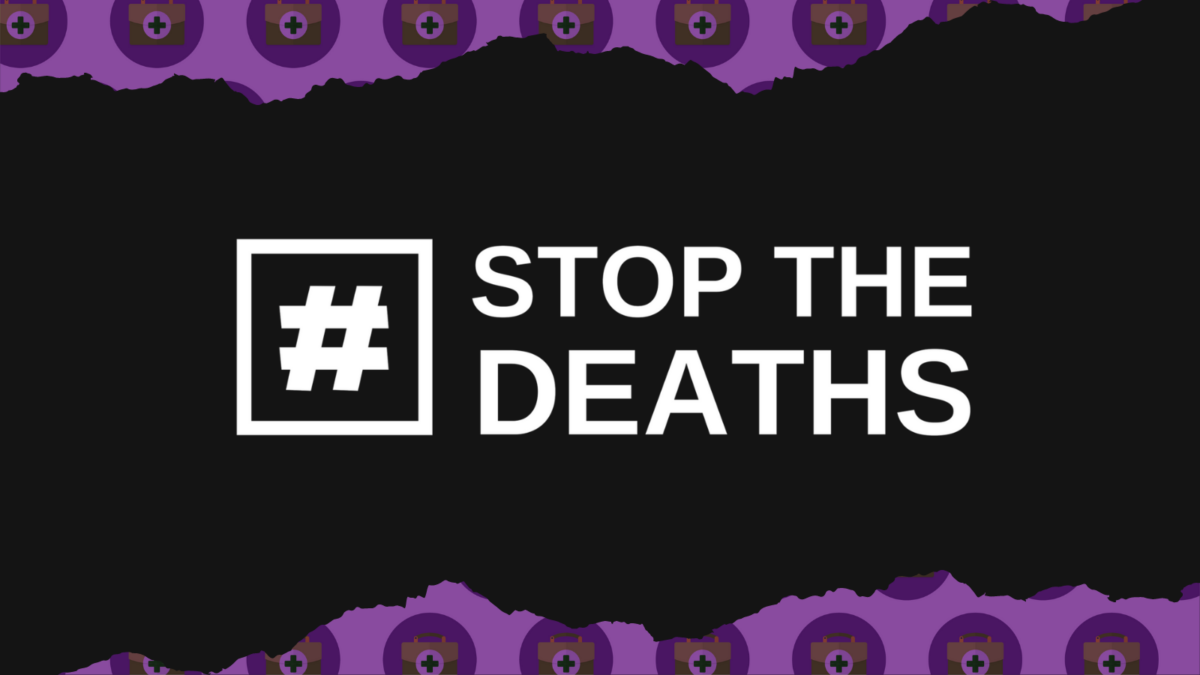By Logan Gilmour MSYP and Ryan Macintyre MSYP
Content warning: This blog discusses drugs and overdose. For help and support, you can visit the NHS Inform website.
Families are torn apart, communities left shattered, and lives are tragically cut short. These haunting words capture the harsh reality of Scotland’s ongoing drug death crisis. In a country with such a small population, the loss of life has been nothing short of staggering. Last year alone, over 1,000 people succumbed to drug-related deaths – that is 1,000 children, 1,000 friends, and 1,000 too many. This grim reality highlights the urgent need for action.
But a drug overdose does not need to be a death sentence. Imagine a world where the words ‘overdose death’ are replaced with ‘overdose survival.’
That is where Naloxone comes in. Naloxone is a medication that rapidly reverses the effects of an overdose that involves opioids (like heroin or methadone). When every minute is crucial in preventing death or serious harm, administering this can be a literal lifesaver.
It is essential that we recognize that anyone, regardless of their connection to the issue, should be able to carry naloxone and be equipped to save a life in a critical overdose situation if they want to help combat this crisis. Overdoses can occur anywhere, at any time. They are not limited to specific locations or predictable circumstances, and it is right that we do everything we can to ensure a strong chance of prompt intervention and ensure that we can stop the deaths.
Naloxone has proven to be a powerful tool in preventing needless deaths. As of February 2022, Police Scotland rolled out naloxone to all frontline officers and by December, already over one hundred kits were administered. This initiative has been an integral part of Scotland’s response to the drug crisis, reflecting a shared commitment to saving lives.
Thanks to dedicated efforts by healthcare professionals, community organizations, and advocacy groups, naloxone is becoming more accessible to the public. Scotland is the first country in the world to have a national naloxone program, meaning anyone that might witness an overdose can get their own naloxone kit for free and be able to help in an emergency overdose situation. Every person who undergoes naloxone training becomes a potential lifesaver, armed with the ability to intervene, and prevent tragedy.
International Overdose Awareness Day serves as a reminder of the lives lost and the battles still to be fought. As we commemorate this day, we should all renew our commitment to ending the drug death crisis in Scotland. We should celebrate the successes of naloxone and the countless lives it has saved, encourage everyone to take part in naloxone training.
In conjunction with these efforts, we at the Scottish Youth Parliament has been advocating for change. As the Member of the Scottish Youth Parliament (MSYP) for Cunninghame North (where drug misuse rates are the second highest in the nation) and having served as the Convener of the Health and Wellbeing Committee, I am proud to have been part of passing a significant policy in July of this year. Working with Ryan Macintyre MSYP, we championed a motion that recognized the impact of naloxone in reducing overdose deaths in Scotland. The motion, with a resounding 95% approval rate, emphasizes the importance of expanding naloxone training to anyone willing to carry it, thereby contributing to the ongoing battle against the opioid overdose crisis in Scotland.
The Scottish Youth Parliament recognises the significant impact that naloxone has had in reducing overdose deaths in Scotland; recognises and commends Police Scotland’s roll-out of Naloxone training and kit to front-line staff and believes that training on the usage of naloxone should be expanded to anyone who wishes to carry it to help combat the opioid overdose crisis occurring in Scotland.
Members’ Motion at SYP’s 79th National Sitting, passed with 95% agreement
In conclusion, Scotland’s drug death crisis is a painful reality that demands everyone’s unwavering attention and action. Naloxone stands as a beacon of hope in this fight, a lifeline that can help us break the cycle of tragedy and despair. By spreading awareness, advocating for change, and participating in naloxone training, we can collectively work towards a future where families remain intact, communities thrive, and lives are no longer cut tragically short.


